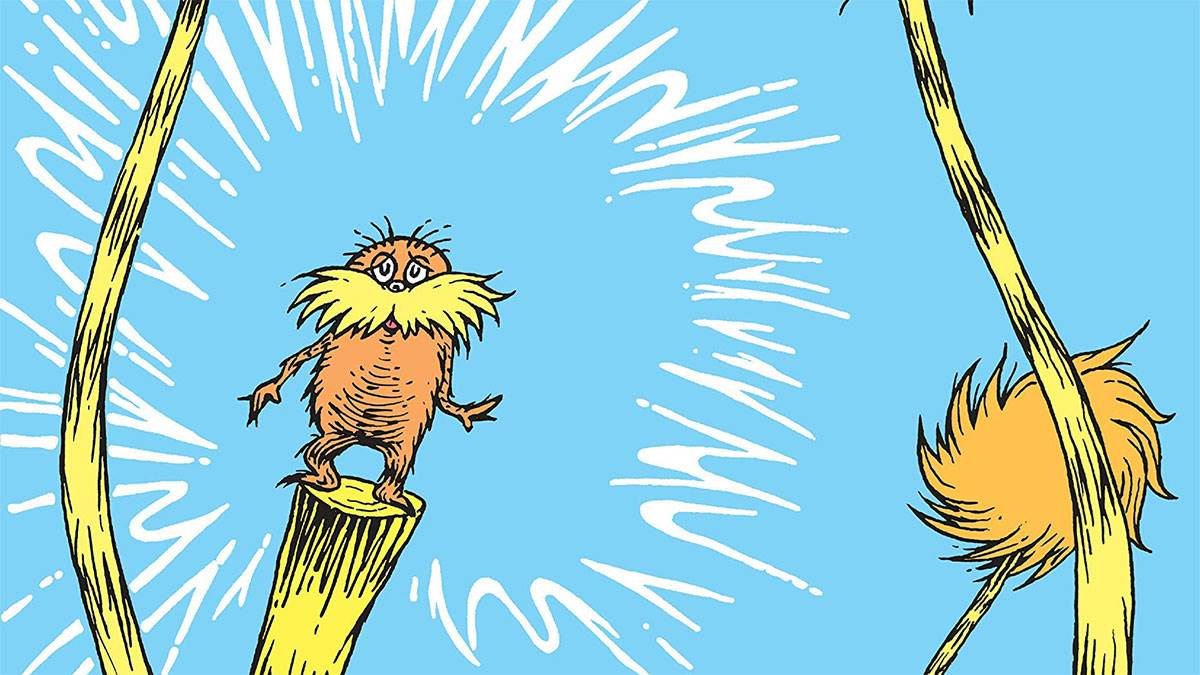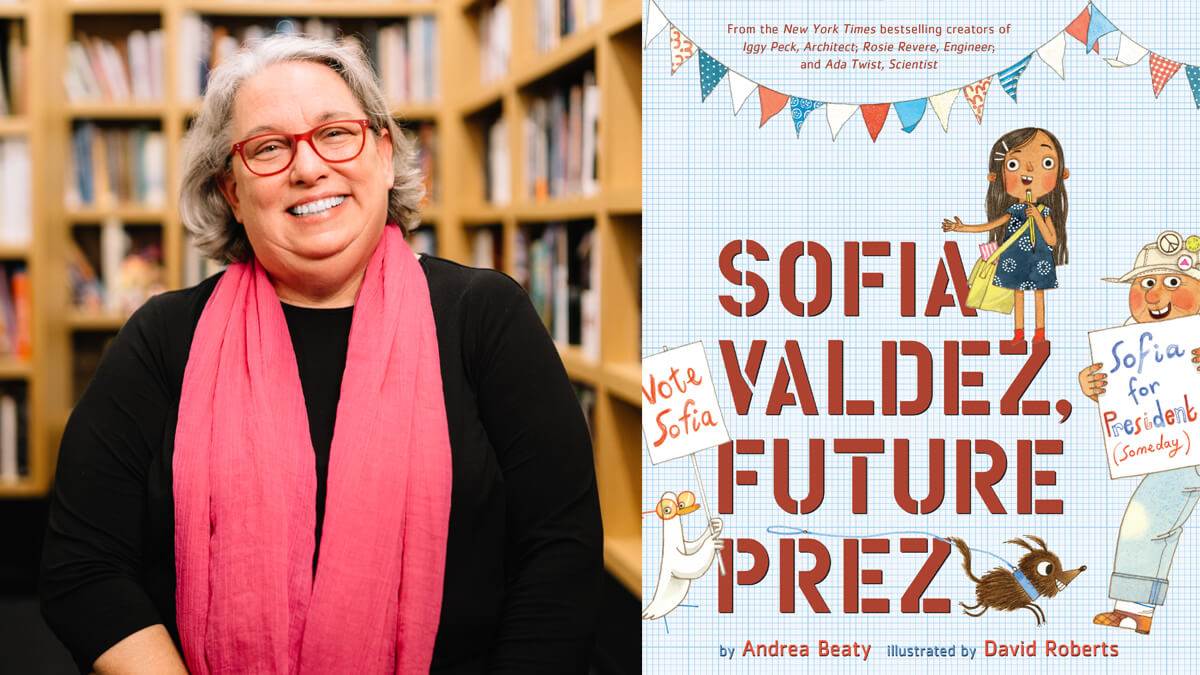Six tips for talking about climate change with children
Published on: 09 November 2022
Author of Maybe You Might, Imogen Foxell, shares a few tips for talking to children about climate change

If we’re not terrified about the climate and ecological emergency, then we should be. Last summer with its record heatwaves will be the coldest summer of the rest of our lives; our children will live in a world of floods, fires and food shortages that is hard to imagine. It’s scary to even think about this, let alone share our worries with children in a way that doesn’t simply fill them with fear and despair.
I was thinking about all this when I wrote my environmental-themed picture book Maybe You Might – gloriously illustrated by Anna Cunha. I imagined that the worst had already happened and that even the Amazon rainforest had been reduced to a desert – could there still be hope? In the book, a little girl finds a single seed. Defying the naysayers, she painstakingly cares for it, and over many years the ecosystem and community are restored.
Here are my tips for talking about the climate emergency with children, with some reading suggestions below:
1. Take notice

We can’t care about the destruction of the living planet unless we know something about the natural world and how it connects with our human lives. For me, an interest in nature came from David Attenborough documentaries and from birdwatching on the entirely rectangular urban lake near my school. No matter where you live, there are ways to observe nature – while you’re unlikely to encounter elephants or blue whales in your neighbourhood, you can get to know your local trees or trace the strange behaviour of a column of ants. Book recommendation: The Big Book of Bugs by Yuval Zommer.
2. Keep our home clean

There is still so much that we can do to prevent the climate emergency from getting worse – and it mostly comes down to a very simple concept: we need to stop making a mess of the planet by overheating it with fossil fuels and smothering it in waste. Our choices when we shop, eat and travel affect the levels of plastic in the oceans and the amounts of poisonous gas in the atmosphere. If we don’t learn to live within our means, we’re messing up our only home beyond repair. Book recommendation: Too Much Stuff by Emily Gravett.
3. Help things grow

Rather than making a mess of our home, we can make it a better place to live for the non- human inhabitants of the planet. It’s amazing how much life you can find in even a small patch of wild land. You can start by planting some bee-friendly flowers or even just by deliberately neglecting a bit of lawn. Book recommendation: The Lorax by Doctor Seuss.
4. Be annoying!

Unfortunately, there’s only so much that normal people can do – the people who really need to sort out the planet are the ones who got us into this mess in the first place – the leaders of governments and corporations. It can be extremely hard to get these powerful people to listen, but the best way is to be very very annoying – keep pestering them with letters, shout in the street about the bad things they’re doing, or just sit on their doorsteps and don’t go away! Being annoying can make you unpopular, but civil disobedience has led to many improvements to society, such as votes for women or equal rights for people of all races. Book recommendation: Sofia Valdez, Future Prez by Andrea Beaty and David Roberts.
5. Be kind

It isn’t easy to make the big changes we need to avoid climate catastrophe, or to live in a world of drought, fire, and floods. People who already have difficult lives will always be hit hardest – for example, people who are poor or ill. We can make things better by sharing resources fairly and making sure that everyone has somewhere safe to live and enough to eat, no matter what. Book recommendation: Welcome by Barroux.
6. Be brave

Sometimes the world is very frightening, both for adults and children. It can help to talk about what we’re frightened of, as well as remembering the good things in life – the people we love and the things that make us laugh. And finally, don’t lose hope – there are so many brave and clever people working to make changes for the better not the worse, and you can be one of them. Book recommendation: You’re Strong with Me by Chitra Soundar and Poonam Mistry.
Maybe You Might by Imogen Foxall and Anna Cunha is available now.
Topics: Environment, Features

